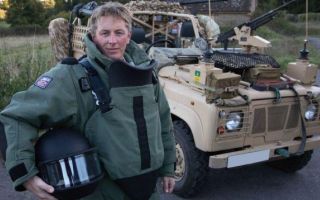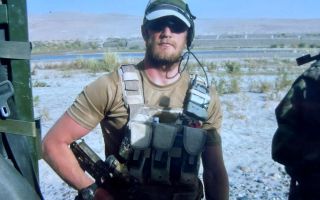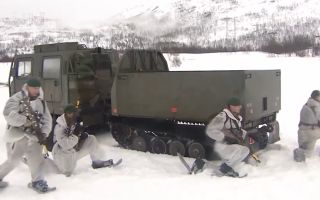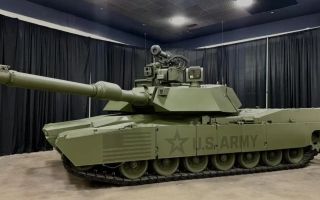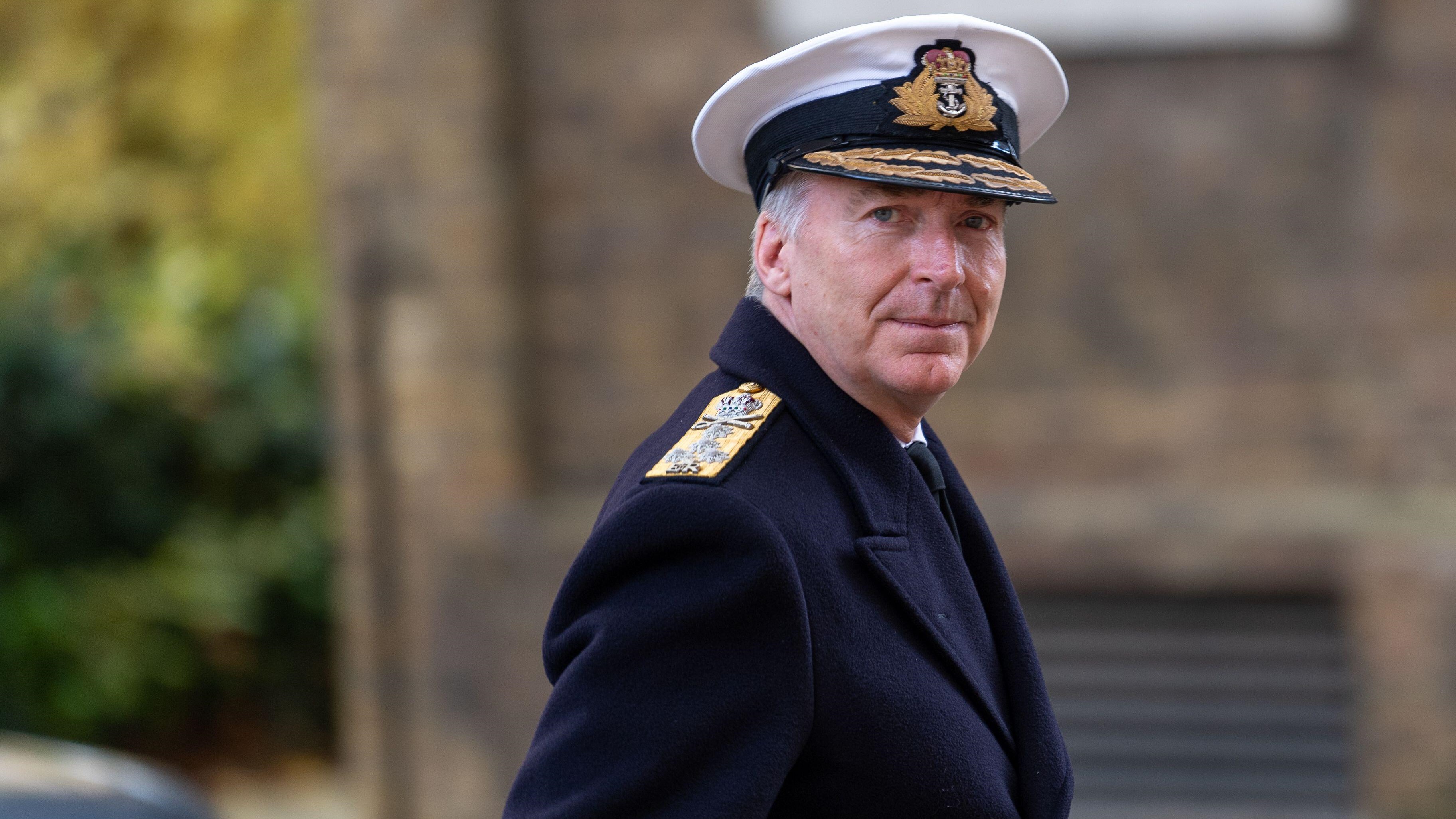
Armed Forces are not 'spare capacity' for striking workers - says CDS

The head of the Armed Forces, Admiral Sir Tony Radakin, has warned that it would be “slightly perilous” to expect the British military to regularly stand in for striking public sector workers.
He told The Sunday Telegraph that personnel are "not a spare capacity".
He added: "We're busy and we’re doing lots of things on behalf of the nation.
"We've got to focus on our primary role."
It has been confirmed that 1,200 military personnel will be used to cover striking ambulance and Border Force staff in the coming weeks.
Their duties will be split between driving ambulances and checking passports, while around 150 will provide logistical support.
Sir Tony has said that the deployment is "miles off" impacting operational effectiveness, but it "has an impact on individuals and we have to acknowledge that".
Earlier in the week, the Defence Secretary was accused by his Labour counterpart, John Healey, of using the military "too often" to cover industrial action.
In response, Ben Wallace told the Commons: "I will do the right honourable gentleman a deal.
"I'll raise that at Cobra, if he tells his union paymasters to not go on strike over Christmas and not ruin the lives of our soldiers and sailors."
The Prime Minister also acknowledged the effect the strikes will have on the military.
Speaking at RAF Conningsby last week, Rishi Sunak said: "I had the opportunity to say thank you to some of our Armed Forces personnel because many of them are going to miss Christmas to help us deal with the disruption from strikes.
"Whether that's manning border posts or driving ambulances, and we all owe them an enormous debt of gratitude."
Mr Sunak also refused to rule out extending "tough" new anti-strike laws to prevent walkouts by emergency service workers, such as nurses.

